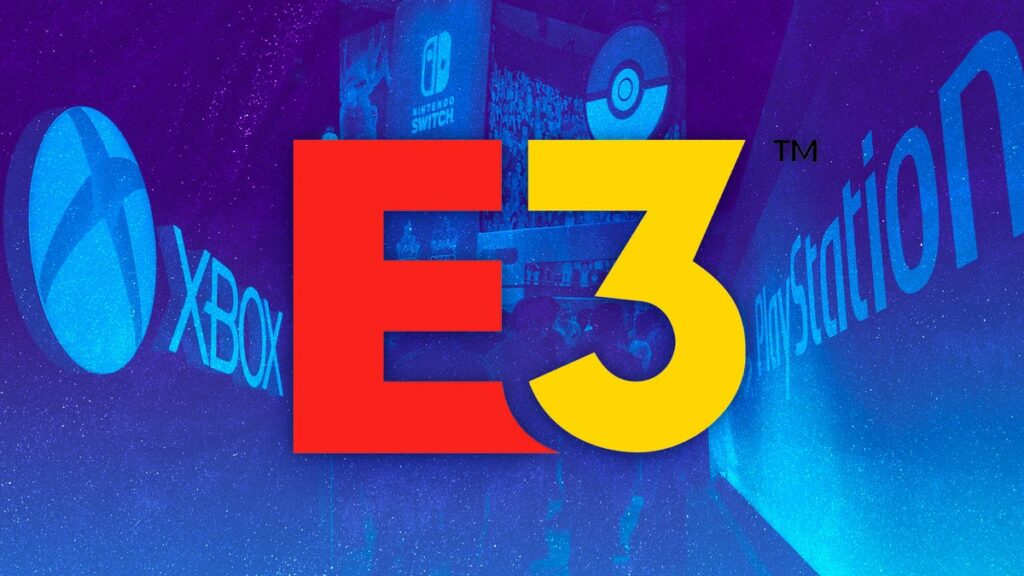
Image source: ESA
It’s the end of an era. The Entertainment Software Association (ESA) has officially declared that E3 has had its final waltz, the iconic annual gaming event that has been a cornerstone of the industry for over two decades won’t ever run again.
ESA President Stanley Pierre-Louis delivered the news in a heartfelt statement, acknowledging the passion and significance that E3 held for gamers and creators alike. He stated, “After more than two decades of hosting an event that has served as a central showcase for the US and global video game industry, we know it’s difficult to say goodbye to such a beloved event, but it’s the right thing to do given the new opportunities our industry has to reach fans and partners.”
E3, which was born in 1995 as a platform for retailers to connect with game publishers, quickly evolved into the gaming industry’s premier annual event. Over the years, it attracted millions of eyes and garnered media coverage from around the world. Yet, in recent years, E3’s relevance came under scrutiny as digital channels empowered game publishers to engage directly with their audiences.
The COVID-19 pandemic accelerated this transformation, and despite efforts to revive E3, it failed to recapture its former glory. The event was set to return for its first in-person show in four years this summer, thanks to a multi-year deal with PAX organizer ReedPop. However, in March, the show was abruptly canceled, with ReedPop citing a lack of sustained interest necessary to execute the event effectively.
Following the cancellation, ReedPop severed ties with the ESA, leading to speculation about E3’s future. In September, the ESA announced that it was evaluating every aspect of the event, hinting at the challenges it faced.
In the absence of E3, other gaming events stepped up to fill the void. In June, Los Angeles played host to a series of alternative events, including Geoff Keighley’s Summer Game Fest, Ubisoft Forward, and an Xbox Showcase.
Pierre-Louis, in a recent interview with The Washington Post, acknowledged the changing landscape that contributed to E3’s decline. “There were fans who were invited to attend in the later years, but it really was about a marketing and business model for the industry and being able to provide the world with information about new products,” he said. “Companies now have access to consumers and to business relations through a variety of means, including their own individual showcases.”
As the gaming industry bids farewell to E3, it remains to be seen what the future holds for gaming events and how companies will continue to connect with their audiences in this rapidly evolving digital era. Shows such as Gamescom and The Tokyo Game Show remain a final bastion for traditional large-scale gaming expos.





